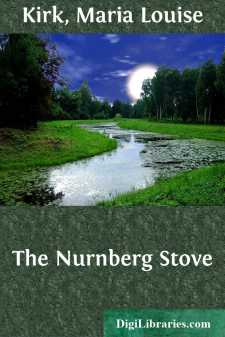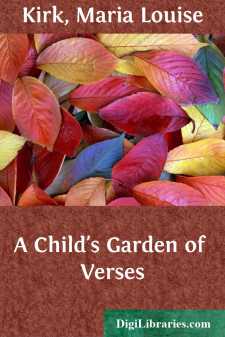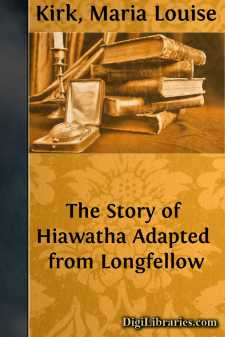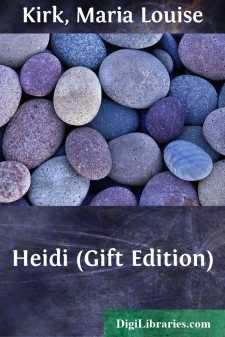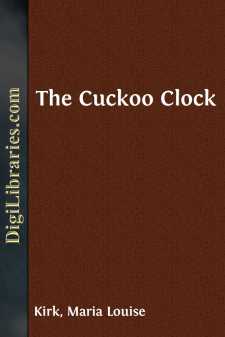Categories
- Antiques & Collectibles 13
- Architecture 36
- Art 48
- Bibles 22
- Biography & Autobiography 813
- Body, Mind & Spirit 142
- Business & Economics 28
- Children's Books 17
- Children's Fiction 14
- Computers 4
- Cooking 94
- Crafts & Hobbies 4
- Drama 346
- Education 46
- Family & Relationships 57
- Fiction 11829
- Games 19
- Gardening 17
- Health & Fitness 34
- History 1377
- House & Home 1
- Humor 147
- Juvenile Fiction 1873
- Juvenile Nonfiction 202
- Language Arts & Disciplines 88
- Law 16
- Literary Collections 686
- Literary Criticism 179
- Mathematics 13
- Medical 41
- Music 40
- Nature 179
- Non-Classifiable 1768
- Performing Arts 7
- Periodicals 1453
- Philosophy 64
- Photography 2
- Poetry 896
- Political Science 203
- Psychology 42
- Reference 154
- Religion 513
- Science 126
- Self-Help 84
- Social Science 81
- Sports & Recreation 34
- Study Aids 3
- Technology & Engineering 59
- Transportation 23
- Travel 463
- True Crime 29
Our website is made possible by displaying online advertisements to our visitors.
Please consider supporting us by disabling your ad blocker.
The Nurnberg Stove
Categories:
Description:
Excerpt
AUGUST lived in a little town called Hall. Hall is a favorite name for several towns in Austria and in Germany; but this one especial little Hall, in the Upper Innthal, is one of the most charming Old-World places that I know, and August for his part did not know any other. It has the green meadows and the great mountains all about it, and the gray-green glacier-fed water rushes by it. It has paved streets and enchanting little shops that have all latticed panes and iron gratings to them; it has a very grand old Gothic church, that has the noblest blendings of light and shadow, and marble tombs of dead knights, and a look of infinite strength and repose as a church should have. Then there is the Muntze Tower, black and white, rising out of greenery and looking down on a long wooden bridge and the broad rapid river; and there is an old schloss which has been made into a guard-house, with battlements and frescos and heraldic devices in gold and colors, and a man-at-arms carved in stone standing life-size in his niche and bearing his date 1530. A little farther on, but close at hand, is a cloister with beautiful marble columns and tombs, and a colossal wood-carved Calvary, and beside that a small and very rich chapel: indeed, so full is the little town of the undisturbed past, that to walk in it is like opening a missal of the Middle Ages, all emblazoned and illuminated with saints and warriors, and it is so clean, and so still, and so noble, by reason of its monuments and its historic color, that I marvel much no one has ever cared to sing its praises. The old pious heroic life of an age at once more restful and more brave than ours still leaves its spirit there, and then there is the girdle of the mountains all around, and that alone means strength, peace, majesty.
In this little town a few years ago August Strehla lived with his people in the stone-paved irregular square where the grand church stands.
He was a small boy of nine years at that time,—a chubby-faced little man with rosy cheeks, big hazel eyes, and clusters of curls the brown of ripe nuts. His mother was dead, his father was poor, and there were many mouths at home to feed. In this country the winters are long and very cold, the whole land lies wrapped in snow for many months, and this night that he was trotting home, with a jug of beer in his numb red hands, was terribly cold and dreary. The good burghers of Hall had shut their double shutters, and the few lamps there were flickered dully behind their quaint, old-fashioned iron casings. The mountains indeed were beautiful, all snow-white under the stars that are so big in frost. Hardly any one was astir; a few good souls wending home from vespers, a tired post-boy who blew a shrill blast from his tasselled horn as he pulled up his sledge before a hostelry, and little August hugging his jug of beer to his ragged sheepskin coat, were all who were abroad, for the snow fell heavily and the good folks of Hall go early to their beds. He could not run, or he would have spilled the beer; he was half frozen and a little frightened, but he kept up his courage by saying over and over again to himself, “I shall soon be at home with dear Hirschvogel.”
HE WENT ON THROUGH THE STREETS, PAST THE STONE MAN-AT-ARMS OF THE GUARD-HOUSE
He went on through the streets, past the stone man-at-arms of the guard-house, and so into the place where the great church was, and where near it stood his father, Karl Strehla’s house, with a sculptured Bethlehem over the door-way, and the Pilgrimage of the Three Kings painted on its wall. He had been sent on a long errand outside the gates in the afternoon, over the frozen fields and the broad white snow, and had been belated, and had thought he had heard the wolves behind him at every step, and had reached the town in a great state of terror, thankful with all his little panting heart to see the oil-lamp burning under the first house-shrine. But he had not forgotten to call for the beer, and he carried it carefully now, though his hands were so numb that he was afraid they would let the jug down every moment.
The snow outlined with white every gable and cornice of the beautiful old wooden houses; the moonlight shone on the gilded signs, the lambs, the grapes, the eagles, and all the quaint devices that hung before the doors; covered lamps burned before the Nativities and Crucifixions painted on the walls or let into the wood-work; here and there, where a shutter had not been closed, a ruddy fire-light lit up a homely interior, with the noisy band of children clustering round the house-mother and a big brown loaf, or some gossips spinning and listening to the cobbler’s or the barber’s story of a neighbor, while the oil-wicks glimmered, and the hearth-logs blazed, and the chestnuts sputtered in their iron roasting-pot....


